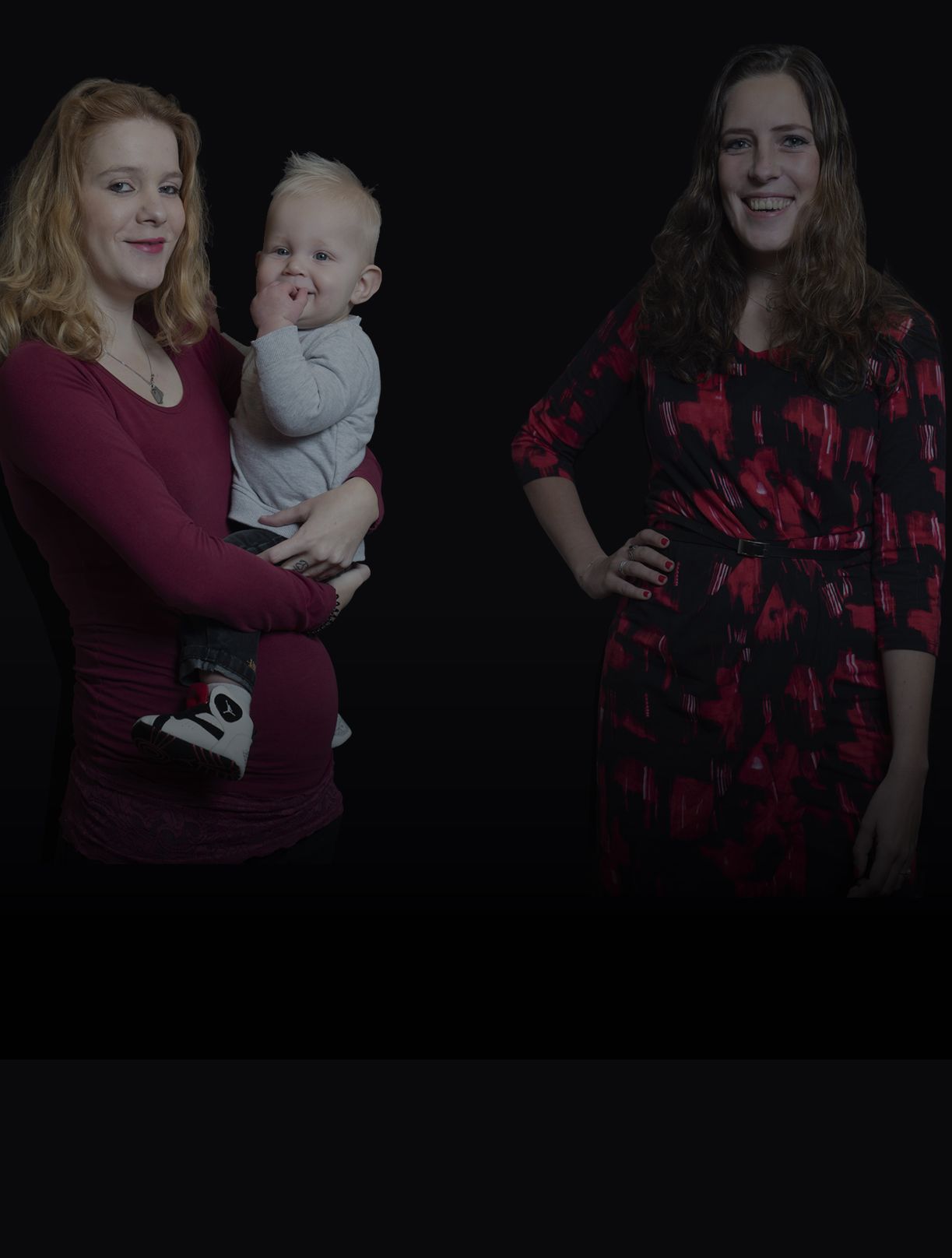2005
-
Other (TRAILS and research techniques): Evaluation of non-response bias in mental health determinants and outcomes in a large sample of pre-adolescents
For a large population-study such as TRAILS it is of utmost importance that as many people as possible participate in order to gain a good and representative picture of the population. During the first measurement of TRAILS 76% of those who were eligible participated in the research. This is high in relation to most other studies. Within TRAILS much effort is taken to allow relatively vulnerable individuals to participate, this is done by, among other ways, making house visits and allowing for enough thinking-time. Such measurements have increased the response rate considerably, especially in this vulnerable group.
Boys refuse to participate more than girls. Moreover, the boys who did not participate in TRAILS often had less educated parents and learning problems. The relationship between this kind of information and psychiatric problems did not differ for participants and non-participants.

